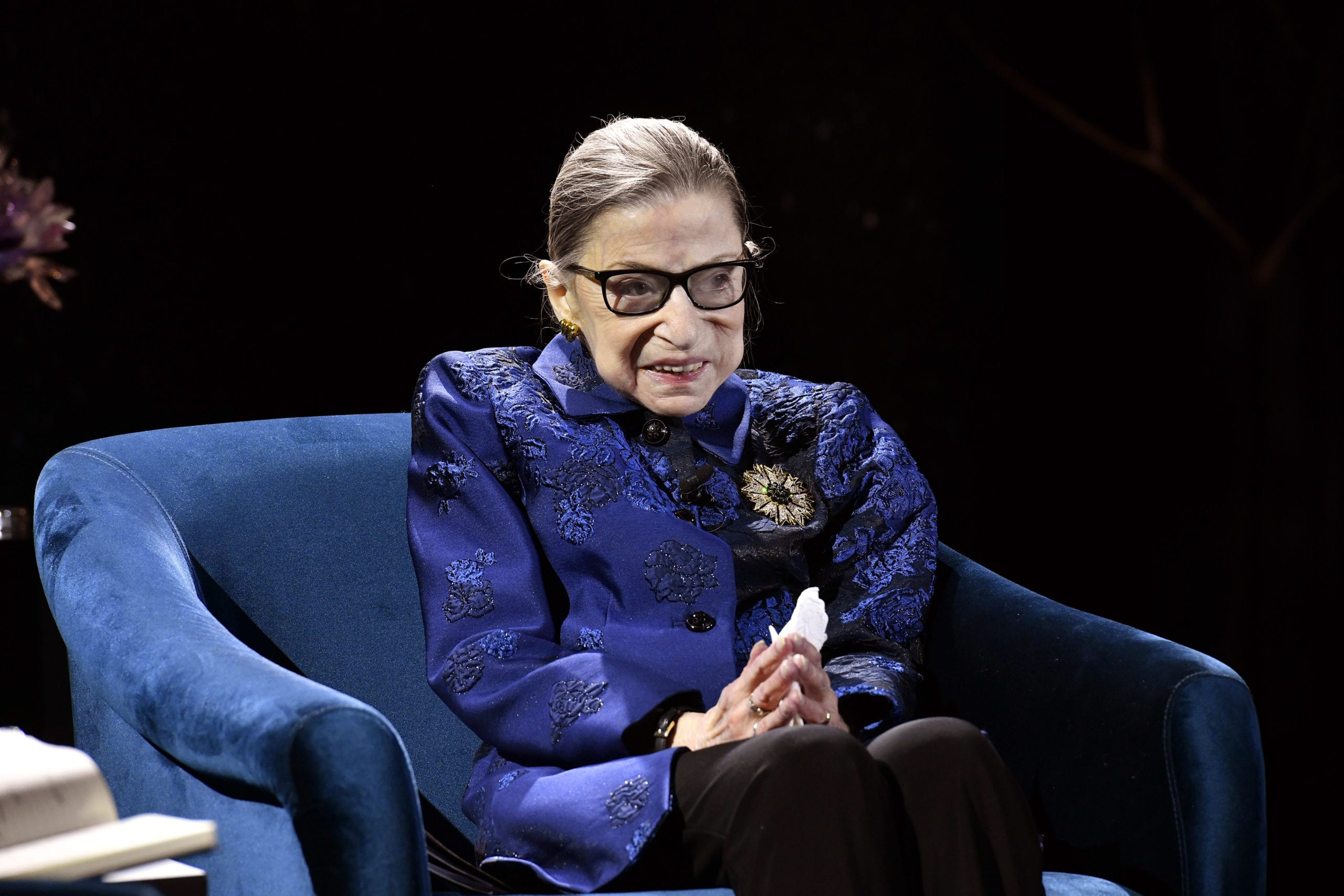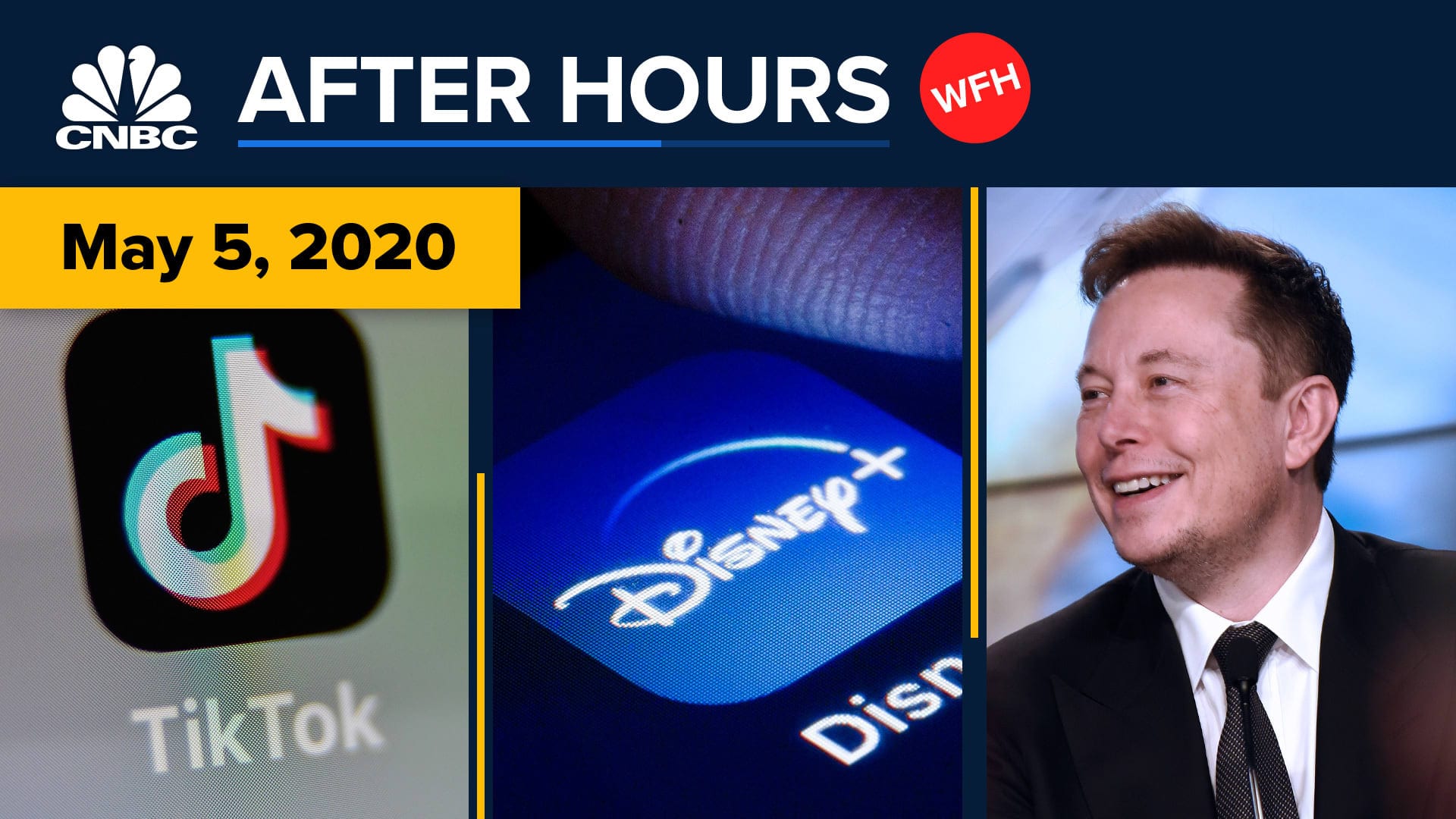[ad_1]
Major U.S.-based advertising holding company Omnicom Group said on Tuesday that some sectors including travel and entertainment and energy are cutting costs, including postponing or reducing marketing spend, due to the impacts of the pandemic. But other sectors are doing better — for now.
Omnicom shares were up more than 3% Tuesday morning after it reported first quarter results.
The advertising industry is dealing with the immediate pullback of some advertisers and bracing for the wider impact of any economic fallout on client spending, since marketing is often one of the first items that businesses cut during a financial downturn. Some brand advertisers have said they’ve already dramatically reduced spend. Omnicom and its peers have begun cost cuts because of those immediate and future impacts on advertisers.
Sectors that have been affected “more immediately and more significantly than others” from the pandemic include travel, lodging and entertainment; energy and oil and gas; non-essential retail and automotive, the company said in its Q1 2020 earnings report.
Sectors that “fared relatively well to date” include healthcare and pharmaceuticals; technology and telecommunications; financial services and consumer products. But Omnicom said conditions are volatile and “economic uncertainty cuts across all clients, industries and geographies,” meaning even those sectors faring better for now will likely cut ad spend, too
“Overall, while we have a diversified portfolio of service offerings, clients and geographies, demand for our services can be expected to decline as marketers reduce expenditures in the short-term due to the uncertain impact of the pandemic on the global economy,” Omnicom said.
The company said it saw a reduction in its revenue beginning late in the first quarter of 2020 compared with the same period in 2019, and expects that reduction in revenue to continue for the rest of the year.
Omnicom said it’s taking cost-cutting measures, including through voluntary pay cuts and by cutting pay for agency leaders and senior execs.The company has halted hiring, frozen salary increases and eliminated or reduced the number of freelancers it works with. Its agencies have also implemented reduced work weeks and furloughed or laid off “many” of its staffers.
The company’s CEO and chairman John Wren said during the company’s earnings call that it isn’t all “doom and gloom.”
“If you look at our healthcare sector, it’s probably up,” he said, pointing to the company’s public relations business in the healthcare space. “There are areas of our business, despite all the difficulty that’s out there, that are in fact growing.”
Wren said the company’s agencies are also working with major clients like Pepsi and AT&T to retool their creative messaging for these times, with messaging to reach their own employees or to the public.
The company said other businesses didn’t perform as well as expected, including events and field marketing, which were “in large part shut down” as a result of stay-at-home orders and restrictions on travel and large gatherings.
Wren said the postponement of the Olympics and other major sporting events further compounded the challenges.
“Even though some of our events businesses have done an excellent job of executing virtual events, overall, it has not been enough to make up for the lost revenue,” he said.
















